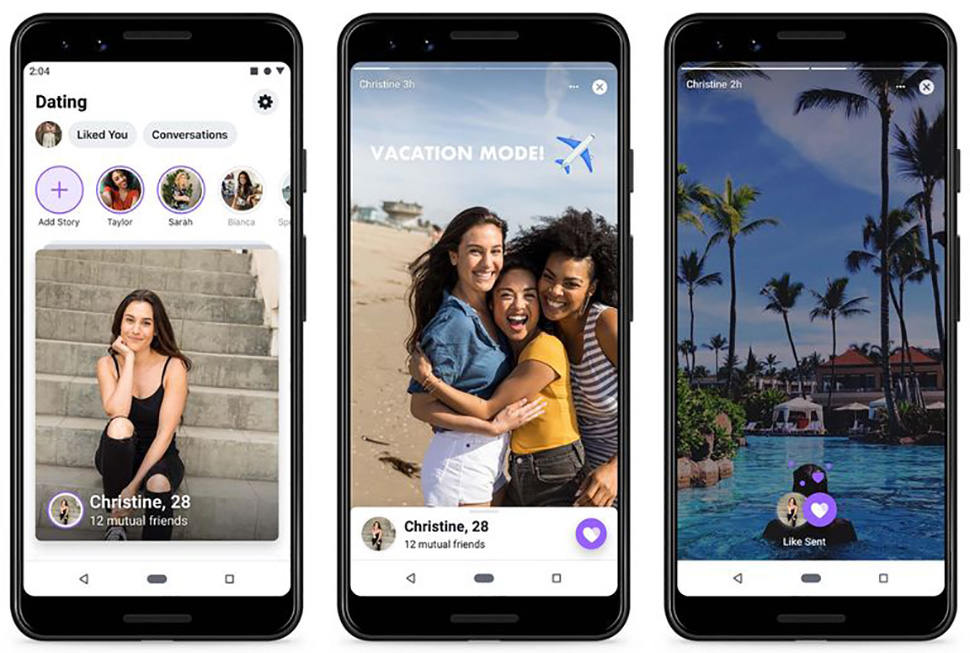

Whether or not these sentiments are true for iLike or even most apps, we don’t know (developers would be crazy to voice these criticisms publicly, because they could be punished). Still, it’s surprising to hear that this might have been the case with one of its earliest (iLike launched in 2006 at the start of the app revolution) and highest-profile applications. Basically, we’ve heard that if Facebook tells a development team to “Jump!,” it had better answer: “How high?” Or it could find its app buried or even banned. Terms of service often shift, leaving apps out in the cold, and favoritism is rampant.

For a while now, we’ve been hearing rumblings that Facebook isn’t the most hospitable environment for application developers.

The second question - what this means for Facebook and its relationship with iLike - is a lot stickier. Really, it only makes sense for the larger fish to gobble up the smaller. iLike does pretty much the same thing, only it has a substantial presence on the other major social networks as well - significantly Facebook, but also Hi5, Bebo and others. Bands have found an effective outlet for recruiting fans and spreading news in MySpace Music, a service that allows them to host their own pages and sell their music. MySpace has actively been rebranding itself as more of an entertainment portal than just a social network, especially since Owen Van Natta became CEO. The first question is pretty straightforward. And finally, there’s the valuation question: How much does iLike’s status reflect on the values of other Facebook applications? That being said, if you tack on the $6 million the All Things D article says will be earmarked for employee retention, the figure is basically $20 million anyway.īut skirmishes over the limited facts aren’t nearly as interesting as what iLike could do for MySpace - and, even more so, why an application that owes so much of its success and traffic to Facebook (some estimates put it at 60 percent of its users) would join forces with its primary competitor. Our source says reports of a roughly $20 million deal (at most) between MySpace and iLike are more accurate than the $13.5M number and that such a deal would take place this week. While Kara Swisher says she relied on “several sources close to the situation” in the All Things Digital article that kicked off today’s news, one source of ours insists that the story - mainly its claims that iLike had run out of cash, along with hard numbers - is inaccurate. So-called “insiders” are divided on the facts. When, why and how much is still unclear however. Officially, both MySpace and the music distribution and recommendation company are silent on whether a deal is even in the works, although we’ve had enough sources surface (albeit requesting they be kept anonymous) to suggest an acquisition is more than likely. The longer Facebook refrained from building its own, the more it seemed iLike had become the official Facebook music app. That contrasts to other popular platforms, such as iPhone, which has iTunes, and MySpace, which has MySpace Music. ILike’s status is significant because it had a special relationship with Facebook: The application was long considered the Facebook music application, and Facebook had refrained from developing its own.

Other apps on Facebook, such as social games, are doing fine. One of the biggest questions is this: If such a major application commands such a low valuation, what does this mean for Facebook’s application ecosystem? Why do developers want to build on Facebook if there’s no perceived value there? But caution is merited here: It has been incredibly tough to make money from music on the web, and there’s no reason to believe that support by Facebook should really change that. The reported sale of popular online social music application iLike to to MySpace for the surprisingly low price of $13.5 million set off a flurry of rumors and fragmented reports across the web earlier today - some calling it a quickie fire sale, others claiming it spells doom for all web-based music distributors, and many questioning why Facebook would let its most popular music application fall into the hands of its rival. Join AI and data leaders for insightful talks and exciting networking opportunities. We are excited to bring Transform 2022 back in-person July 19 and virtually July 20 - 28.


 0 kommentar(er)
0 kommentar(er)
